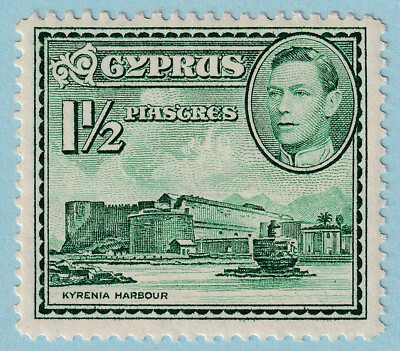
Introduction: The Allure of Cyprus
Cyprus, the third-largest island in the Mediterranean Sea, is a destination that attracts millions of tourists each year due to its rich history, diverse culture, and stunning landscapes. Its strategic location at the crossroads of Europe, Asia, and Africa has made it a significant hub throughout history. As the country continues to recover from the impacts of the COVID-19 pandemic, understanding its multifaceted identity and tourism relevance is particularly important for both visitors and stakeholders in the travel industry.
Historical Significance
The history of Cyprus dates back thousands of years, with archaeological discoveries revealing evidence of human activity as early as the Neolithic period. The island has been influenced by various civilisations, including the Greeks, Romans, Byzantines, and Ottomans. This rich tapestry of influences is evident in its archaeological sites, such as the ancient city of Kourion and the well-preserved Roman villas in Paphos, now a UNESCO World Heritage site.
Cultural Diversity
Cyprus is home to a unique blend of Greek and Turkish cultures, a legacy of its divided past. The island was partitioned in 1974 following a Turkish invasion prompted by a Greek coup attempt. Today, the Republic of Cyprus in the south and the Turkish Republic of Northern Cyprus, only recognized by Turkey in the north, coexist with a shared history yet divergent identities. Festivals, culinary delights, and arts from these backgrounds create a diverse cultural landscape that appeals to many.
Tourism and Economic Impact
Tourism is a central pillar of Cyprus’s economy, contributing approximately 20% to its GDP. In 2022, the island welcomed over 3 million tourists, a significant rebound from the pandemic-induced declines of 2020 and 2021. The main attractions include beautiful beaches, historical ruins, and the picturesque city of Limassol, with visitors drawn to its vibrant nightlife and culinary experiences. Furthermore, outdoor enthusiasts are increasingly discovering Cyprus’s hiking trails and natural beauty within the Troodos mountains.
Conclusion: Looking Ahead
As Cyprus emerges from the pandemic, the focus on sustainable tourism practices is becoming more prominent. With ongoing initiatives to diversify tourism offerings and promote increased eco-tourism, the island seeks to attract visitors who are not only interested in luxury but also in experiencing authentic Cypriot culture and preserving its natural landscapes. For potential travellers and industry investors alike, Cyprus holds promise as a destination that melds its rich heritage with modern attractions, ensuring that it remains a gem in the Mediterranean for generations to come.
You may also like

Discovering the Beauty and Culture of Norway

Exploring Monmouth: History, Attractions and Community
